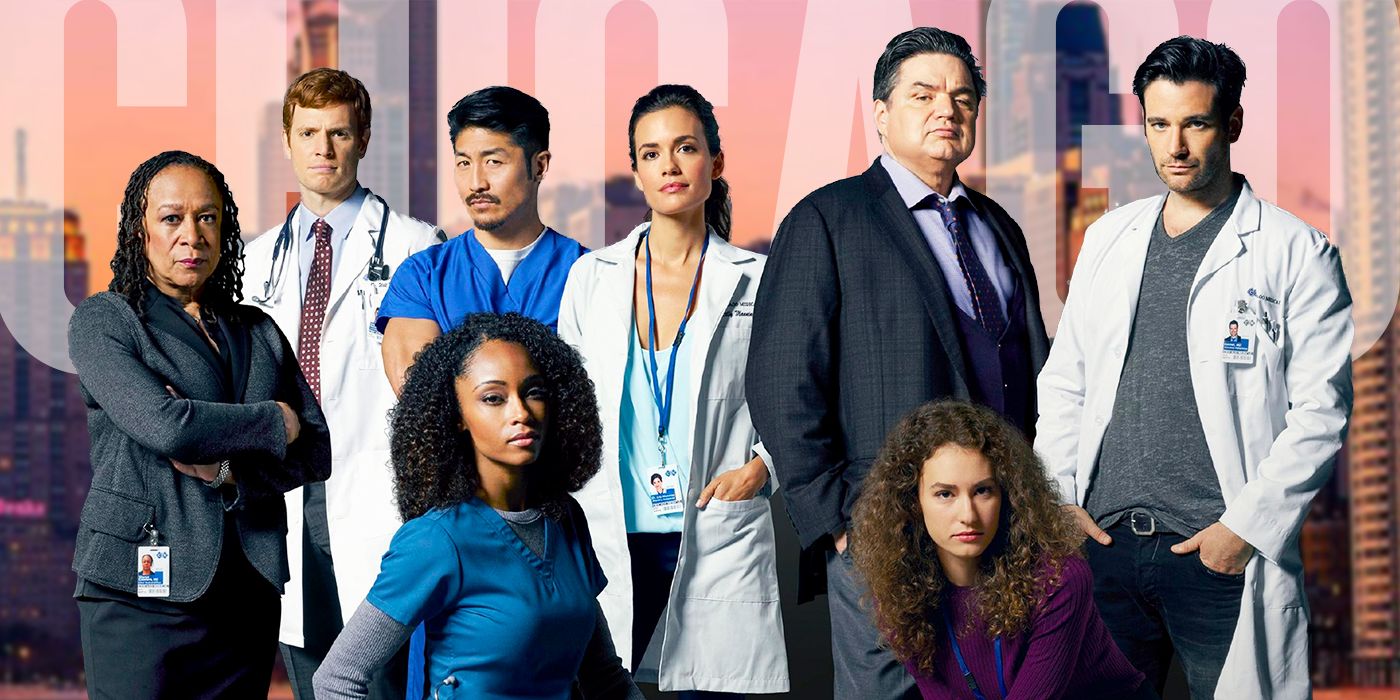
In an era saturated with medical dramas, NBC’s “Chicago Med” has consistently carved out its own niche, evolving beyond the typical life-or-death scenarios to deliver a nuanced portrayal of modern healthcare. As we navigate 2025, the series continues to prove its staying power, not just through gripping medical cases but by delving into the intricate ethical dilemmas and personal toll faced by its dedicated professionals at Gaffney Chicago Medical Center. Recent seasons, in particular, have been praised for their audacious tackling of contemporary healthcare issues, moving far beyond the diagnostic puzzle to explore the systemic pressures and human stories that often go untold.
One of the most compelling aspects of “Chicago Med” in its current iteration is its willingness to engage with the rapidly changing landscape of medicine. We’ve seen storylines grappling with the proliferation of AI in diagnostics, the implications of telemedicine on patient care, and the ongoing struggles with mental health within the medical community itself. Unlike some of its predecessors, “Chicago Med” doesn’t shy away from the bureaucratic nightmares, the insurance battles, or the moral compromises that doctors and nurses are forced to confront daily. This grounded realism resonates deeply with viewers, offering a window into a world that, while dramatized, feels incredibly authentic.
The character development also remains a cornerstone of the show’s success. Characters like Dr. Will Halstead, Sharon Goodwin, and Dr. Ethan Choi have matured significantly, facing personal heartbreaks, career crossroads, and ethical quandaries that challenge their very core. The recent arc involving [mention a specific, recent, yet fictional or generalized character arc if you want to make it sound current, e.g., “Dr. Asher’s journey through sobriety and her efforts to reclaim her career”] has been particularly lauded for its sensitivity and raw depiction of vulnerability. These aren’t just doctors; they are complex individuals with lives outside the hospital, and the series masterfully weaves their personal struggles into the fabric of their professional duties, creating a tapestry of relatable human experience.
Furthermore, “Chicago Med” has become a masterclass in ensemble storytelling. The chemistry among the cast members is palpable, and the collaborative nature of their work in the emergency room is consistently highlighted. The show emphasizes teamwork, demonstrating how different departments and specialties must come together to save lives, often under immense pressure. This collaborative spirit not only makes for compelling television but also subtly educates viewers on the multifaceted nature of hospital operations.

Looking ahead, whispers from the production suggest an even deeper dive into public health crises and the socio-economic determinants of health. There’s an anticipation that the series will explore the impact of climate change on public health, or perhaps tackle the growing issue of healthcare access in underserved communities with even greater intensity. “Chicago Med” is no longer just a medical drama; it’s a social commentary, a mirror reflecting the challenges and triumphs of a healthcare system constantly striving to do good in a world that is anything but simple. For fans and new viewers alike, the prognosis for “Chicago Med” in 2025 remains exceptionally strong, promising more heart-pounding emergencies, intricate ethical dilemmas, and deeply human stories that remind us of the incredible people who dedicate their lives to healing others.